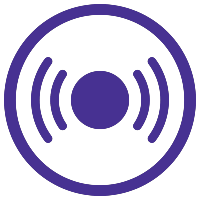P-IE
Section Symposium
Fundamental Biology to Practical Management of Ambrosia Beetles in Horticultural Tree Agroecosystems
15: Recent progress in preventing Xylosandrus germanus ambrosia beetle infestations in NY apple orchards
Tuesday, November 17, 2020
3:25 PM - 3:40 PM EST

Arthur M. Agnello
Cornell University
Geneva, New York- DC
Presenting Author(s)
Co-Author(s)
The ambrosia beetle Xylosandrus germanus has been documented as causing tree death and decline in NY apple orchards since 2013, mostly in young dwarf apple plantings. Preventive trunk sprays using chlorpyrifos or pyrethroids have not provided acceptable levels of control, nor have topical applications of the repellent verbenone, a component of an anti-aggregation pheromone produced by bark beetles that has been found to repel this and related species from traps and attractive host trees. We tested trunk applications of different repellents for X. germanus control in potted apple trees, waterlogged to stress them to produce ethanol, and placed inside wooded areas directly adjacent to orchard sites. The preventive treatments, applied on 15 May, included different topical formulations of methyl salicylate (a host defense and signalling compound), alone and combined with verbenone. The methyl salicylate+verbenone combination product was applied at one of two timings, either 15 May (start of the 1st flight) or 12 June (start of the 2nd flight), to assess its usefulness later in the season. Additional treatments were the Systemic Acquired Resistance (SAR) activator products Actigard, Regalia, and a formulation of Salicylic Acid; the insecticide Lorsban (chlorpyrifos) was used as a grower standard comparison. Tree damage was assessed in early July and at the start of September, to determine the effect these repellents had in preventing attacks by this beetle. Of all the treatments, the early verbenone+methyl salicylate application showed the most uniform trend of the lowest infestation characteristics on both evaluation dates.

